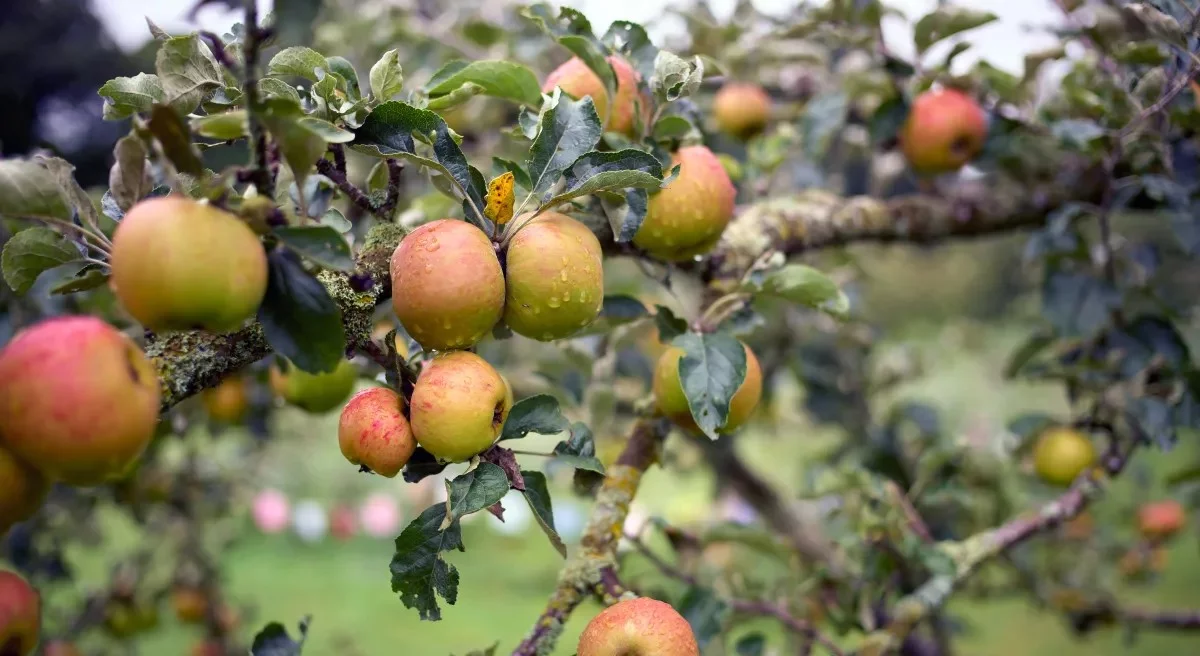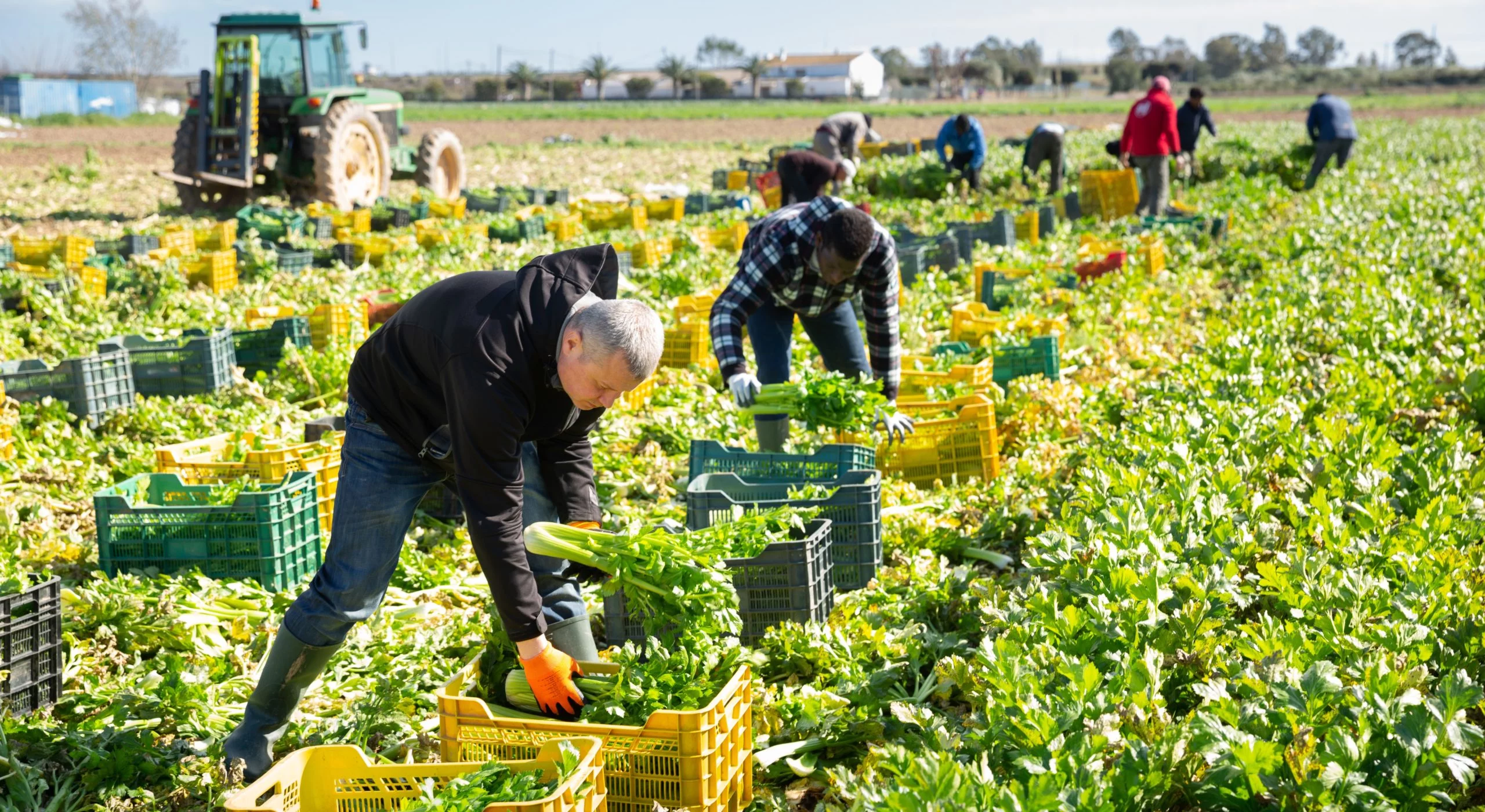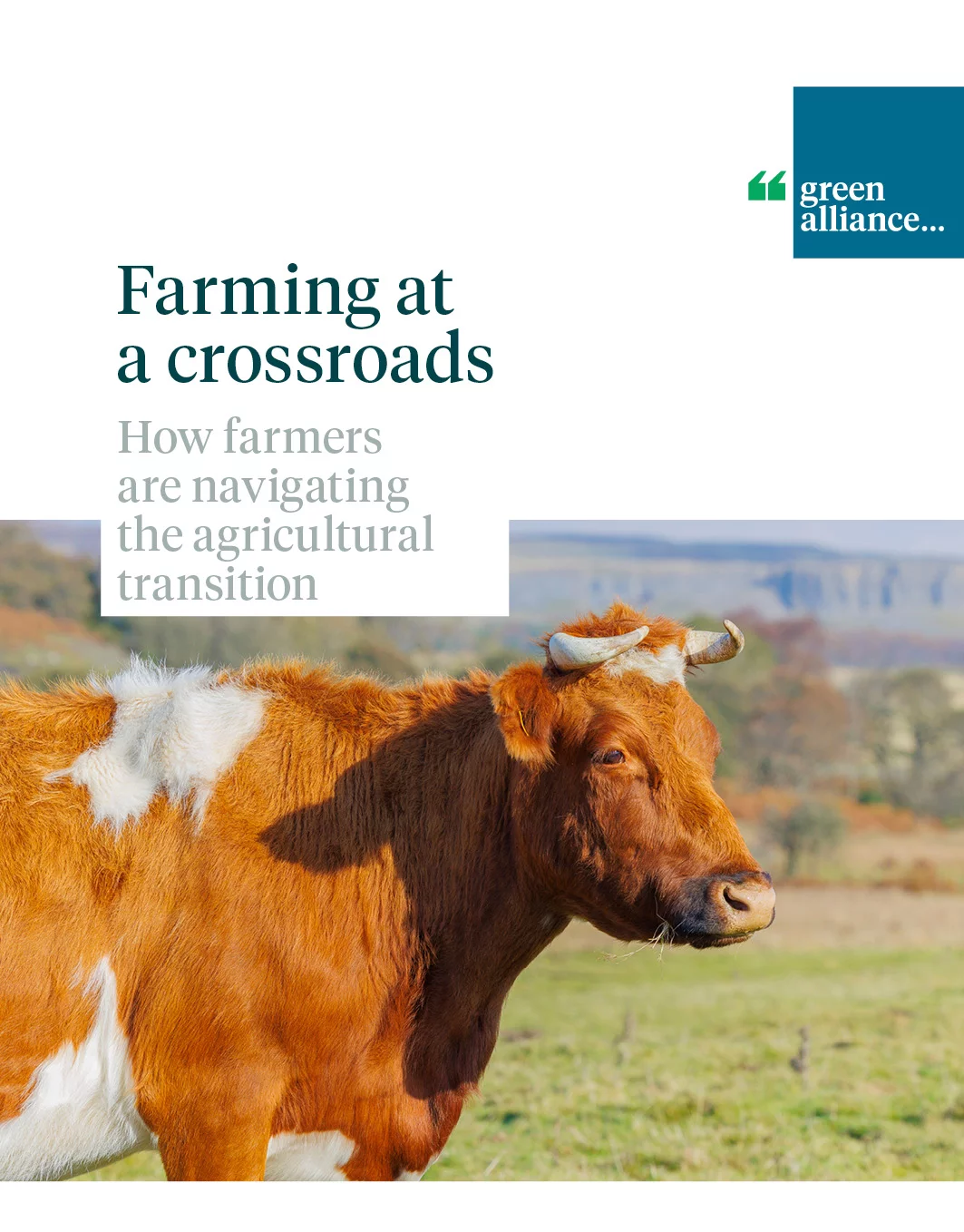Overview
Our food system is killing the planet and making us more unhealthy. Globally, food systems are responsible for roughly a third of greenhouse gas emissions and represent the biggest driver of species loss. Diet is now the main cause of non-communicable disease, with the food related costs of chronic disease to the UK currently greater than the entire annual healthcare spend. Urgent transformation is needed to enable healthy diets, make space for nature, reduce emissions and store carbon to avoid the worst impacts of climate change.
Shifting towards plant-rich diets

What we eat as a society matters. Supporting small shifts towards plant rich diets can deliver big improvements to our health, helping reduce the cost of diet-related disease, and help meet our climate and nature targets. It also offers growth opportunities to the UK, through the expansion of the horticulture and alternative proteins industries, the latter of which could be worth up to £6.8 billion annually and create 25,000 jobs by 2035.
The public are open to changing their diets to be healthier and more sustainable but need more help doing so. The government’s announcement of a new food strategy provides an opportunity to drive this shift and capitalise on these economic opportunities. But there are challenges given the tight economic context and need to mitigate the impact on the most vulnerable in society.
This project seeks to educate and inform key stakeholders in government and beyond on policies that could support this shift to healthier and more sustainable diets.
Food security is national security. That’s why the government is developing a food strategy. To maximise our food security, as well as the country’s health and economic growth, the strategy must put increasing the production and consumption of healthy and sustainable food at its core. This report sets out the policy pathway needed to get there.
In this briefing, we outline how a national horticulture strategy could provide the long term direction needed to expand fruit and vegetable production across the UK.
National Food Strategy Playbook

In 2019, the UK environment secretary commissioned an independent review of the food system. The review, completed in 2021, combined data driven evidence with wide stakeholder engagement to diagnose serious problems caused by the food system, develop policy recommendations to tackle them and build a social and political mandate to act.
This project explored how the UK’s National Food Strategy could be used to develop evidence-based pathways for farming and food systems in the UK and internationally to address the agricultural challenges of the climate crisis and to achieve a 1.5oC transition in line with the Paris Agreement.
It produced three reports, each drawing out different elements of learning from the National Food Strategy’s process, intended to help policy makers and influencers around the world to navigate the complex bio-physical, cultural and economic challenges posed by a food system transition.
Crossing the divide identified that disagreements about how to achieve a more sustainable food system is preventing change at the speed necessary, and proposed ways to break the deadlock.
Behind the scenes of the National Food Strategy outlines lessons and insights from interviews with the central team that worked on the NFS, offering transferable advice for other governments and groups seeking to develop a food strategy.
Rethinking the food system for health, climate and nature makes the case for the UK government to use the NFS as a blueprint to help develop global pathways for food systems that limit global heating to 1.5oC, rooted in quantitative analysis and democratic decision making.


